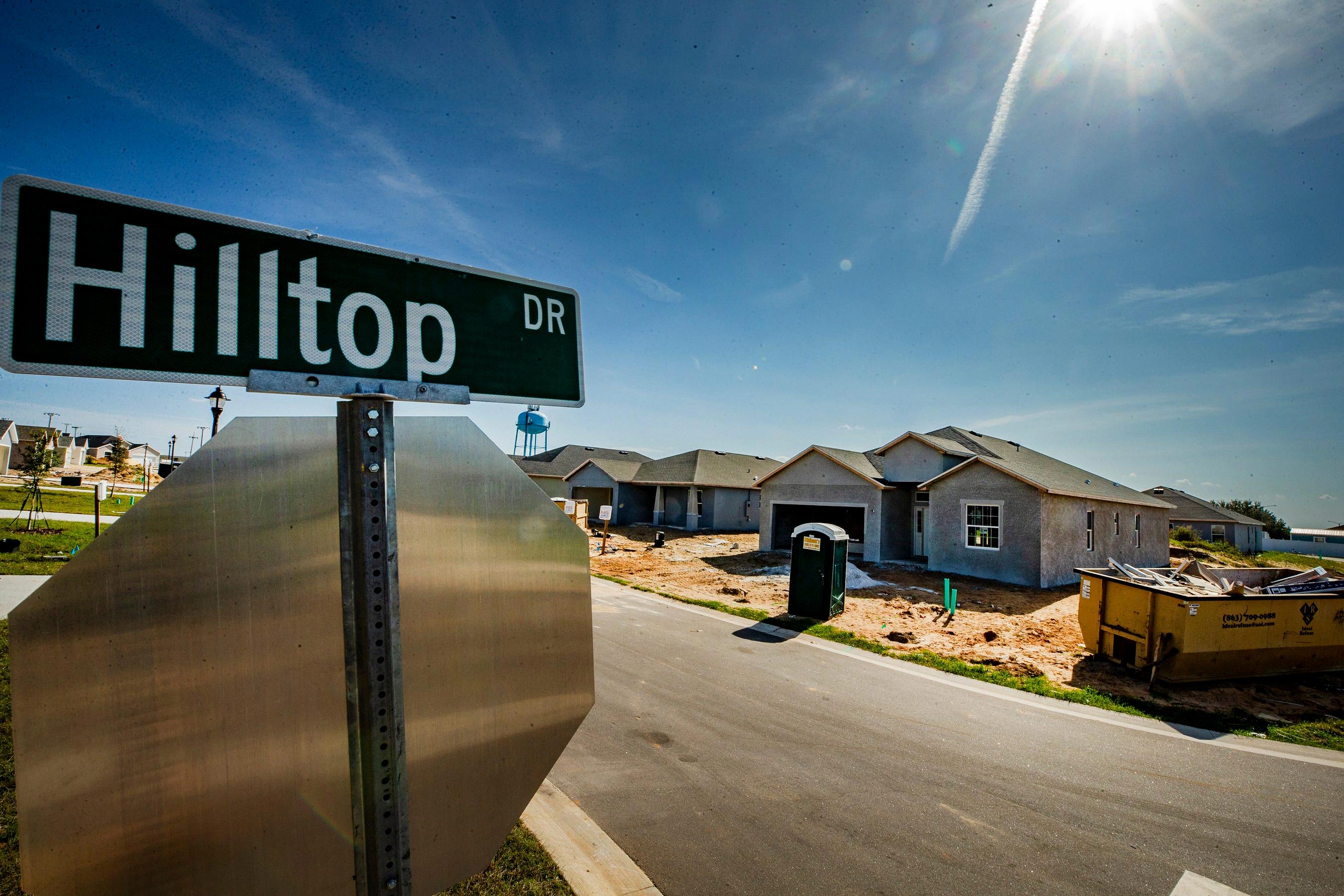Land is a fundamental element of real estate. It refers to the surface of the earth that is covered by soil, water, and other natural resources. Land is a valuable asset that is used for a variety of purposes such as agriculture, residential, commercial, and industrial. One of the unique characteristics of land is that it has an unlimited useful life.
Unlike other assets such as buildings, equipment, and vehicles, land does not depreciate over time. This means that the value of land remains constant or appreciates over time. The reason why land does not depreciate is that it is assumed to have an eternal useful life. This is because land is a natural resource that cannot be destroyed or consumed.
The unlimited useful life of land has significant implications for real estate investors, property owners, and governments. For investors and property owners, oning land is a long-term investment that can generate income through various means such as rent, leasing, or appreciation. Governments can also use land as a source of revenue through property taxes, land use fees, and other related charges.
The value of land is determined by various factors such as location, accessibility, zoning regulations, and market demand. Land that is located in prime areas such as commercial districts or residential neighborhoods tends to be more valuable than land located in remote areas or rural regions. Similarly, land that is easily accessible by roads, public transportation, and other infrastructure tends to be more valuable than land that is difficult to reach.
Zoning regulations also play a significant role in determining the value of land. Zoning regulations are laws that govern the use of land in different areas. For instance, land that is zoned for commercial use tends to be more valuable than land that is zoned for residential or agricultural use. This is because commercial land can generate more income than residential or agricultural land.
Land is a valuable asset that has an unlimited useful life. This unique characteristic means that land is a long-term investment that can generate income and appreciate in value over time. The value of land is determined by various factors such as location, accessibility, zoning regulations, and market demand. Understanding these factors is essential for real estate investors, property owners, and governments who want to maximize the value of their land.
Can Land Ever Be Depreciated?
Land cannot be depreciated as it is considered a non-depreciable asset. However, when you purchase a property, you need to allocate the purchase price between the land and the building. This allocation is necessary because only the building can be depreciated over time. To determine the allocation, you can use the property tax assessor’s values to compute a ratio of the value of the land to the value of the building. This ratio can be used to allocate the purchase price between the land and the building. It’s important to note that land is a valuable asset that typically appreciates in value over time, rater than depreciating.

Why Land Has No Depreciation?
Land is not depreciated as it is considered to have an indefinite or unlimited useful life. This means that it is expected to provide economic benefits to its owner for an indefinite period of time. Therefore, there is no need to allocate its cost over its useful life through depreciation.
Unlike land, other long-lived assets such as buildings, machinery, equipment, and vehicles have a limited useful life. These assets are subject to wear and tear, obsolescence, and other factors that cause their economic benefits to decline over time. To reflect this decline in value, these assets are depreciated over their useful lives.
Depreciation is a systematic allocation of the cost of an asset over its useful life. It is a way of spreading the cost of the asset over the periods in which it is expected to provide economic benefits. This allows businesses to match the cost of the asset with the revenue it generates, which helps in determining the profitability of the business.
Land is not depreciated because it is deemed to have an indefinite useful life and terefore does not decline in value over time. Other long-lived assets, however, are subject to depreciation as they have a limited useful life and decline in value over time.
Does Land Depreciate On Balance Sheet?
Land does not depreciate on a balance sheet. Land is considered to have an eternal useful life span, meaning its value does not decrease over time. Unlike other tangible assets, such as buildings or equipment, land does not wear out or become obsolete. Therefore, it is not subject to depreciation. Instead, the cost of land is recorded on the balance sheet as a fixed asset at its original cost and is not adjusted for changes in market value.
How Is Useful Life Determined?
The determination of the usful life of an asset is a crucial aspect of accounting. The useful life refers to the estimated number of years that an asset can be used before it becomes obsolete or requires replacement. The process of determining the useful life of an asset involves several factors that must be considered, such as the type of asset, its condition, and the usage it receives.
To determine the useful life of an asset, it is necessary to consider its original cost and the estimated number of years that it will be used. This can be done by dividing the cost of the asset by the estimated number of years in its life. For example, if a machine costs $10,000 and is expected to last for 5 years, the annual depreciation would be $2,000.
It is important to note that the useful life of an asset is an estimate and may need to be adjusted over time based on changes in the asset’s condition or usage. Factors such as maintenance and repairs can also impact the useful life of an asset.
In addition to calculating the useful life of an asset, it is also important to consider the salvage value, which refers to the estimated value of the asset at the end of its useful life. The salvage value is subtracted from the original cost of the asset to determine its total depreciation.
Determining the useful life of an asset is a necessary aspect of accounting and involves several factors that must be considered. By dividing the cost of the asset by the estimated number of years in its life, the annual depreciation can be calculated, which is important for accurately reporting an organization’s financial position.

Conclusion
Land is a unique asset that cannot be depreciated due to its assumed unlimited ueful life. It is essential to allocate the purchase price between land and building and use the property tax assessor’s values to determine the ratio of the value of the land to the building. While other long-lived assets such as building, equipment, and furniture have limited useful lives, land is considered to be eternal. Therefore, the costs of those assets must be allocated to limited accounting periods. Understanding the concept of land and its non-depreciable nature is crucial for businesses and individuals who own land to manage their finances efficiently.
